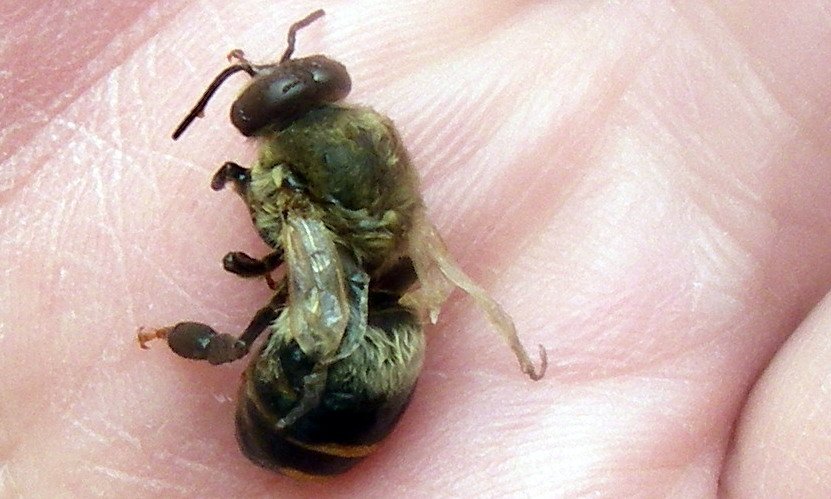I politely disagree. If you are merely providing bees with a home because you feel that that is a good thing to do
and I'll have to disagree too.
Would the five freedoms apply to bees? You could argue that one you offer a home to bees then you have a responsibility to them.
Freedom from hunger or thirst by ready access to fresh water and a diet to maintain full health and vigour
[Let them fly so they can access their diet, and provide them with food when there is none}
Freedom from discomfort by providing an appropriate environment including shelter and a comfortable resting area
[A hive}
Freedom from pain, injury or disease by prevention or rapid diagnosis and treatment
[And here we have it, checking for disease is one of the five freedoms...]
Freedom to express (most) normal behaviour by providing sufficient space, proper facilities and company of the animal's own kind
[You have to keep more than one bee or more than one hive?]
Freedom from fear and distress by ensuring conditions and treatment which avoid mental suffering
[don't tease the bees or call them names?]


















































